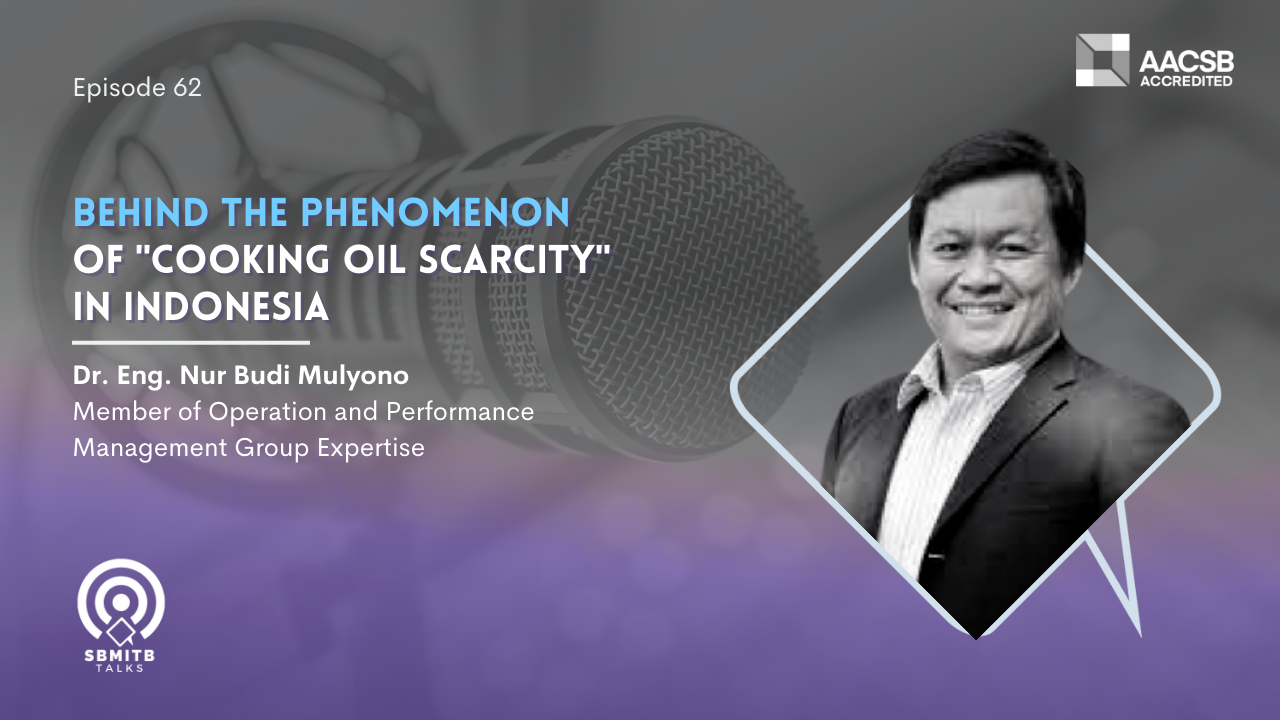The phenomenon of the scarcity of cooking oil, which has recently become a hot topic of discussion in Indonesia, is apparently not a problem that only has one root cause, but has various roots from upstream to downstream. This incident is detrimental to many parties, not limited to consumers and SMEs. The government does have an important role, but more collaboration between stakeholders is needed so that the resolution of this problem can be carried out more quickly.
The Roots of the Scarcity of Cooking Oil
From the upstream side, data was obtained from BPS which stated that there was an increase in the number of exports of palm oil, which was allegedly causing the domestic supply to decrease. Still, from the upstream side, the use and production of palm oil for biodiesel is also suspected of causing competition between biodiesel food and energy producers. When viewed from the downstream side, we can see that there is a tendency for people to panic buy when they hear about the scarcity of cooking oil. As a result, people flocked to buy oil to the detriment of each other. Another potential cause also comes from the government’s policy of setting one price for oil, which is considered too fast in its implementation, so what happens is the unpreparedness of conditions in the field.
Consumers and MSME actors are feeling the effects
Oil is one of the main raw materials in Indonesia. Almost all types of Indonesian cuisine require oil as the main ingredient. For MSME actors, 40% of the total raw materials they use appear to be cooking oil as well. When the price of cooking oil increases, there is a tendency for MSME actors to increase their selling prices, or at least reduce the quality and quantity of their products.
Need Collaboration Between Stakeholders
Not one or two parties, but all parties involved must collaborate in handling this problem. The government can set DPO and DMO policies. From the producer side, they can also set quotas or subsidies, for example by waiving VAT for subsidized goods. The next handling option is to use the Supply Chain Control Tower, which plays a role in enforcing sanctions if things deviate from the rules and can be used to trace the cooking oil supply chain. Finally, there is an opportunity to utilize blockchain technology to ensure that cooking oil is actually delivered to credible partners.
Be Wise As A Consumer
To accelerate the handling of this problem, cooperation from the community as consumers is also needed. Some of the ways include avoiding panic buying and increasing a sense of concern for others. The second simple way is to try to train our creativity to try to cook dishes that minimize the use of cooking oil.




